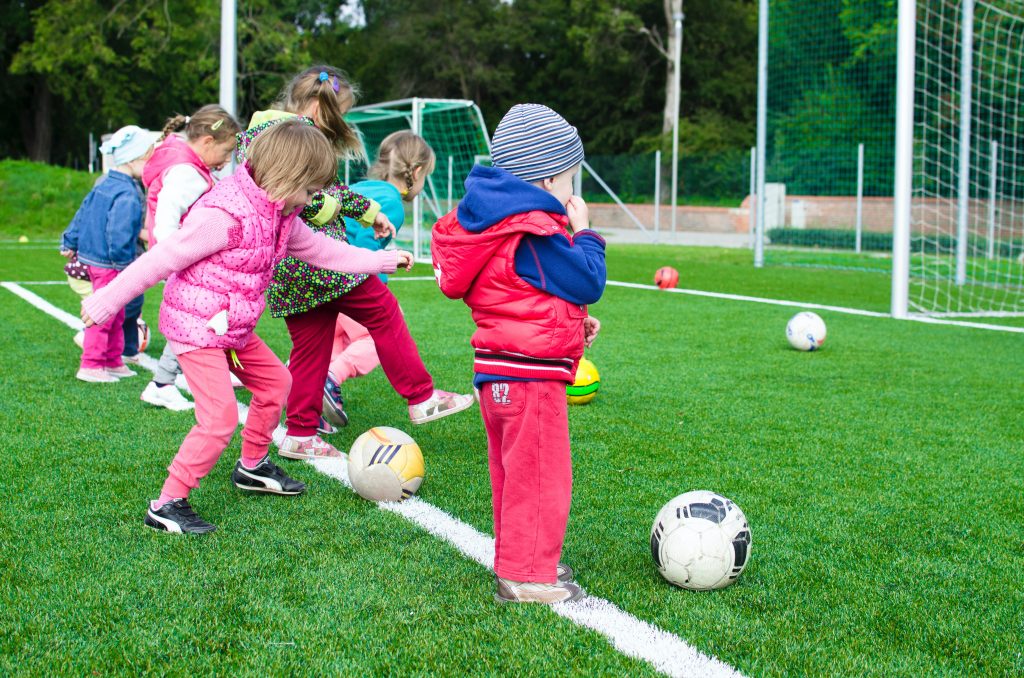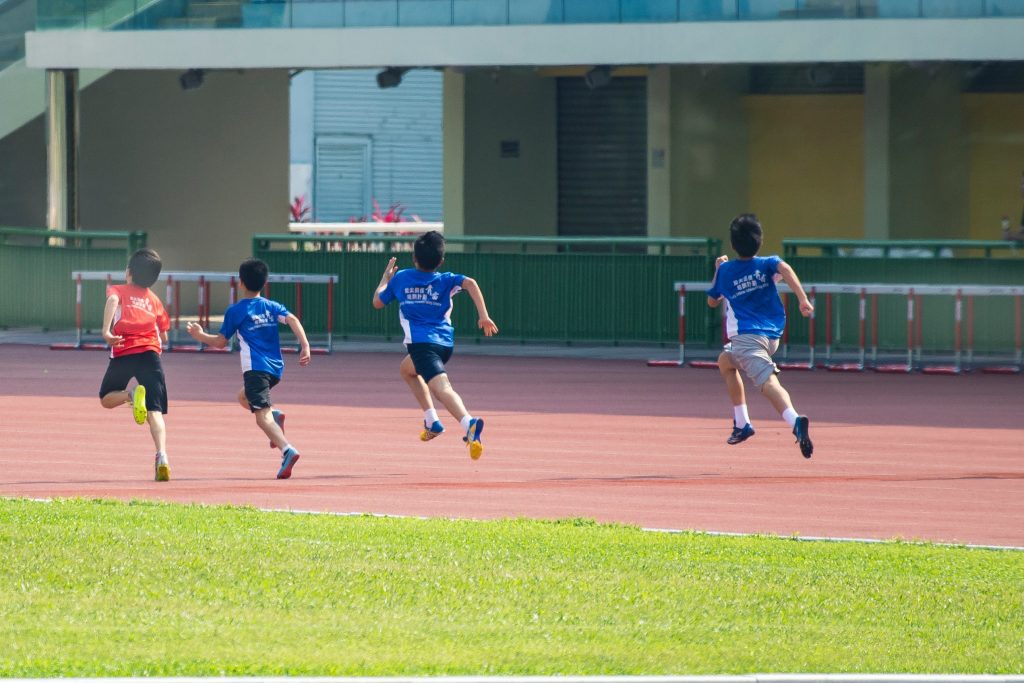Guide to Raising a Competitive Child

Competitiveness is generally taken as a positive trait. It’s associated a lot with determination, tenacity, winning, and success. However, being competitive can also go out of hand, especially during the developing years. While we applaud the winning attitude and determination we see in our children, we must also understand that they are too young to process the consequences of a being competitive child. So, as we support their drive and fortitude, we must also instil balancing values like humility, graciousness, and resilience.
Is being competitive good or bad?
There is no clear-cut answer to this. Competition at healthy levels and in the right environment is good. It fosters determination, creativity, and ambition. Achievers are known for their competitive nature. They are go-getters, determined, and resilient. However, competition when used negatively is highly detrimental to kids’ emotional and social development. A competitive child without proper support and guidance can develop an aggressive, oppressive, and bitter character.
Competitiveness in a child is a positive trait that could easily go bad when left unrestrained and unmanaged.

Is my child competitive?
We all have a competitive streak. It is the level and form of competitiveness that vary from one person to another. Some want recognition or the satisfaction of knowing they are number one. Others simply want to compete for fun and socialisation. And then some would rather compete with themselves. Some will not stop at anything until they reach the top, while others are content and happy with the best that they can be.
Here are the most common traits of highly competitive people.
- They are always bragging about their achievements, talents, and abilities.
- They could be rude to others they perceive as competition.
- They go hard on themselves training, improving, and trying to be the best.
- They will cheat to ensure a win.
- They will blame others for their loss.
- They are bad losers.
These characteristics aren’t uncommon in children. Most daycare bickering and petty fights amongst siblings and playmates are rooted in competitiveness. Most kids want to be number one, the first, or at the top of the ladder. The rest are the timid and scared ones who are often in the corner or would rather go home and be with their mom.
As parents, we would immediately coax our timid and shy kids to join the fray, to be more competitive. But are we addressing the issues concerning highly competitive children?
Tips to Raising a Competitive Child
There is nothing wrong with being competitive. We just need to guide our children so that they learn how to use it positively. Here are some helpful tips for parents to manage and support highly competitive kids.

- Attitude over outcome – In every endeavour, praise your child’s efforts regardless of the outcome. Win or lose, the focus should be on the hard work they put into the competition. Praising the effort will shift the importance from winning and the rewards that come with it to trying their best and self-awareness and improvement.
- Focus on the social implications – Winner or loser, teach your kids the benefits of competitions. When your child is winning, point out the positives – new friends, happy teammates, respect from others. Stay away from material wins like prize money, ranking, and other rewards. When your child loses, teach him or her how to gracefully accept the loss, by congratulating the opponent and acknowledging their win. Point out improvement opportunities and always praise the hard work put into it.
- Encourage collaborations – Encourage your children to share their talents and skills with others. Collaborations will help foster teamwork and build lifelong friendships and relationships. It helps them develop social skills and learn from others too. Competing with friends will transform the gritty competitive spirit into more fun and positive tone.
- Love and acceptance – Reassure your kids of your constant love and support, no matter the outcome of his or her endeavours. Avoiding rewarding wins and never punish losses. Acknowledge the win but emphasise their hard work. Do not blame the child or anyone else for a loss. Provide comfort and understanding when they lose, but do not dwell on to too long. Instead, provide inputs on how they can up their game or improve their performance.
- Build on character, not talents – Do not feed on your child’s God-given gifts and abilities. Stop emphasising their brilliance in academics or athletics, focus on the hard work they put into developing and improving what they naturally have. Praise the effort they put into every competition.

Conclusion
Some kids are more competitive than others and this is not a bad thing. Competitiveness is a positive trait, provided it is well-directed and kids are properly guided. The difference lies in us, parents. We must guide them through the myriad of emotions, behaviour, and impulses our children will encounter. Let us help them process their feelings and understand the implications of their actions. So, they can better understand themselves and focus on the possibilities of their gifts and what life has to offer.
